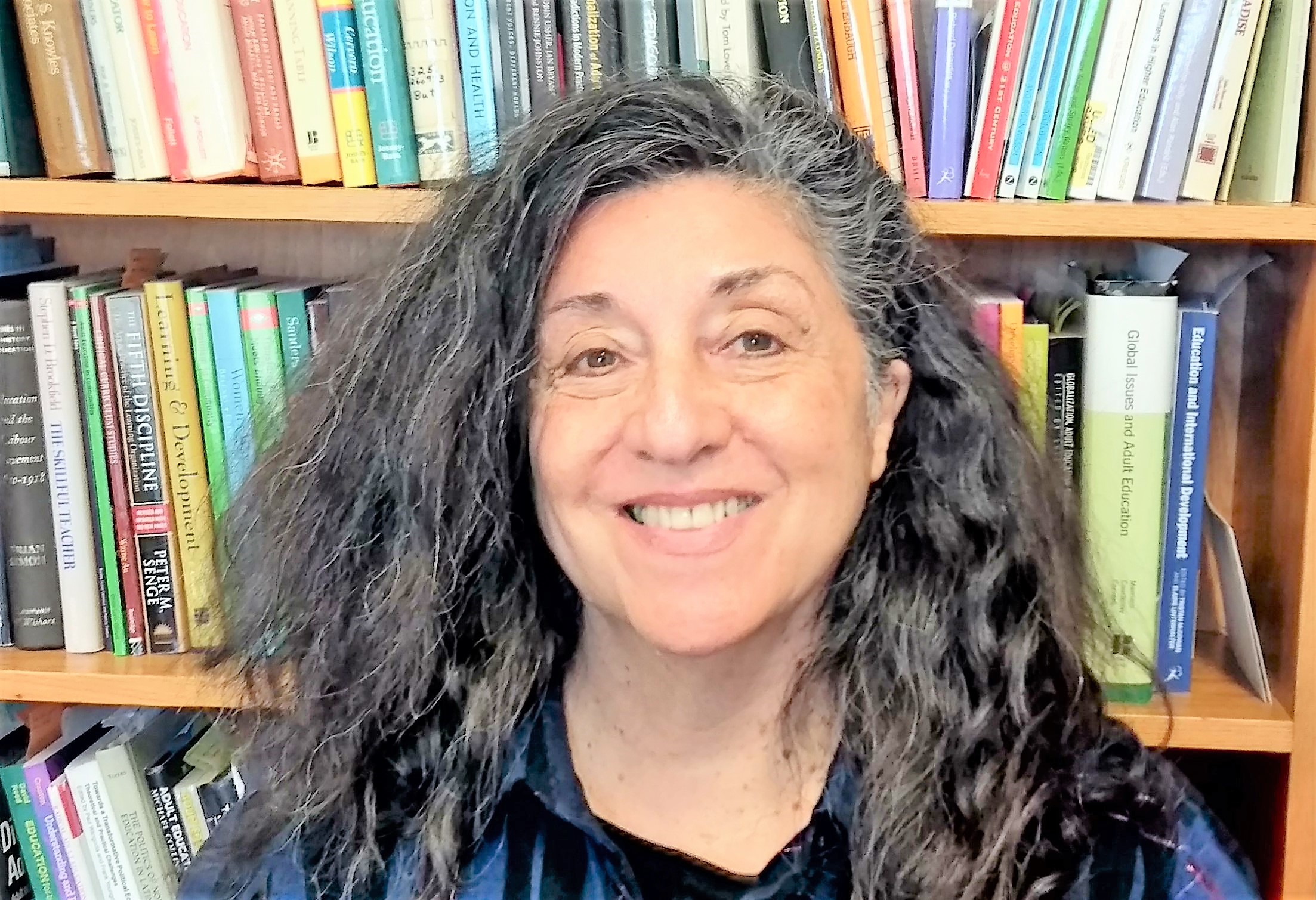Narrating the Immigrant Experience: Three Adult Educators’ Perspectives
Abstract
In this collaborative autoethnography, three immigrant adult education scholars examine diverse ways in which their experiences with racialization as immigrants in the United States have informed their scholarship and practice. The three authors originate from different parts of the world and use different theoretical frameworks—critical literary studies; critical theory; and postcolonial and Critical Race Theory, respectively—to complicate the immigrant Self and story. They argue that the use of autoethnography in adult education has the potential to illuminate issues of class, race, gender, and nationality to disrupt the typical immigrant narrative and allow for the advent of new immigrant stories and Subjects. Each narrative is unique; however, they do share the following commonalities: Critique of the postcolonial condition and the colonization of the Subject and culture; complicating the Black–White binary paradigm of race; centering anti-racist praxis; and suggestions for decolonizing the Self and adult education. The authors engage in this anti-racist work in solidarity with the Black Lives Matter movement, in an effort to dismantle systemic inequities and give voice to the subaltern. Patterns arising from their examination of these issues reveal new questions adult educators could consider as we teach, learn with, and from immigrant adult learners, whose cultural-historical contexts remain multi-layered and complex, rather than linear.
Abstract
In this collaborative autoethnography, three immigrant adult education scholars examine diverse ways in which their experiences with racialization as immigrants in the United States have informed their scholarship and practice. The three authors originate from different parts of the world and use different theoretical frameworks—critical literary studies; critical theory; and postcolonial and Critical Race Theory, respectively—to complicate the immigrant Self and story. They argue that the use of autoethnography in adult education has the potential to illuminate issues of class, race, gender, and nationality to disrupt the typical immigrant narrative and allow for the advent of new immigrant stories and Subjects. Each narrative is unique; however, they do share the following commonalities: Critique of the postcolonial condition and the colonization of the Subject and culture; complicating the Black–White binary paradigm of race; centering anti-racist praxis; and suggestions for decolonizing the Self and adult education. The authors engage in this anti-racist work in solidarity with the Black Lives Matter movement, in an effort to dismantle systemic inequities and give voice to the subaltern. Patterns arising from their examination of these issues reveal new questions adult educators could consider as we teach, learn with, and from immigrant adult learners, whose cultural-historical contexts remain multi-layered and complex, rather than linear.
